Emotional Intelligence Matters. Learn How to Improve It Here

This week, The United States of America celebrated its 241st birthday. In my five decades on Earth, I cannot remember a more tumultuous time in my country in the political arena. We have a president who lost the popular vote but won the election, and citizens are rising up like never before.
Someone recently shared an article with me that calls into question the level of emotional intelligence (EI) that some people in the U.S. government possess. EI is defined as: the capability of individuals to recognize their own and other people’s emotions, discern between different feelings and label them appropriately, use emotional information to guide thinking and behavior, and manage and adjust emotions to adapt to environments.
The term EI gained popularity in a 1995 book written by author, psychologist, and science journalist Daniel Goleman. Goleman indicates that EI accounts for 67% of the abilities deemed necessary for superior performance in leaders, and matters twice as much as technical expertise or IQ.
How does one improve their EI? Preston Ni published an article in Psychology Today where he offers six keys:
1. The Ability to Reduce Negative Emotions. In order to change the way we feel, we must change the way we think. When you feel adversely about someone’s behavior, try to view the situation differently before reacting. You may be tempted to think your friend didn’t return your call because she’s ignoring you, or you can consider the possibility that she’s been busy. When we avoid personalizing other people’s behaviors, we can perceive their expressions more objectively.
2. The Ability to Stay Cool and Manage Stress. How we handle stressful situations can make the difference between being assertive vs. reactive, and poised vs. frazzled. When under pressure, the most important thing to keep in mind is to keep our cool. If you feel nervous and anxious, put cold water on your face and get some fresh air. If you feel fearful, depressed, or discouraged, try intense aerobic exercises.
3. The Ability to Be Assertive and Express Difficult Emotions When Necessary. It’s important to set boundaries, so people know where we stand. These can include exercising our right to disagree, saying “no” without feeling guilty, and setting our own priorities. When setting boundaries, avoid using sentences that begin with “you” and followed by accusation or judgment, such as, “You are…” or “You need to… .” This language puts the listener on the defensive, and makes them less likely to hear what you have to say.
4. The Ability to Stay Proactive, Not Reactive in the Face of a Difficult Person. Most of us encounter unreasonable people in our lives. When you feel angry and upset with someone, before you say something you might later regret, take a deep breath and count slowly to 10. Another way to reduce reactivity is to put yourself in the difficult individual’s shoes, even for just a moment.
5. The Ability to Bounce Back from Adversity. The way we think, feel, and act in relation to life’s challenges makes the difference between hope vs. despair. With every challenging situation we encounter, ask questions such as “What is the lesson here?” and “How can I learn from this experience?” Ask constructive questions and gain the proper perspective.
6. The Ability to Express Intimate Emotions in Close, Personal Relationships. The ability to effectively express and validate tender, loving emotions is essential to maintaining close personal relationships. The words and gestures can be a million variations, all of which say, “I care about you,” “I want to be connected with you,” and “You’re important in my life.” Constant and consistent communication is crucial in the maintenance and development of close, personal relationships.
BE AWESOME! Where is your EI on a scale from poor to excellent? Since EI accounts for 67% of the abilities deemed necessary for superior performance in leaders, pick a category or two above and commit to making the recommended changes. Life is about learning and growing, and being the best version of ourselves that we can be. To your success!

